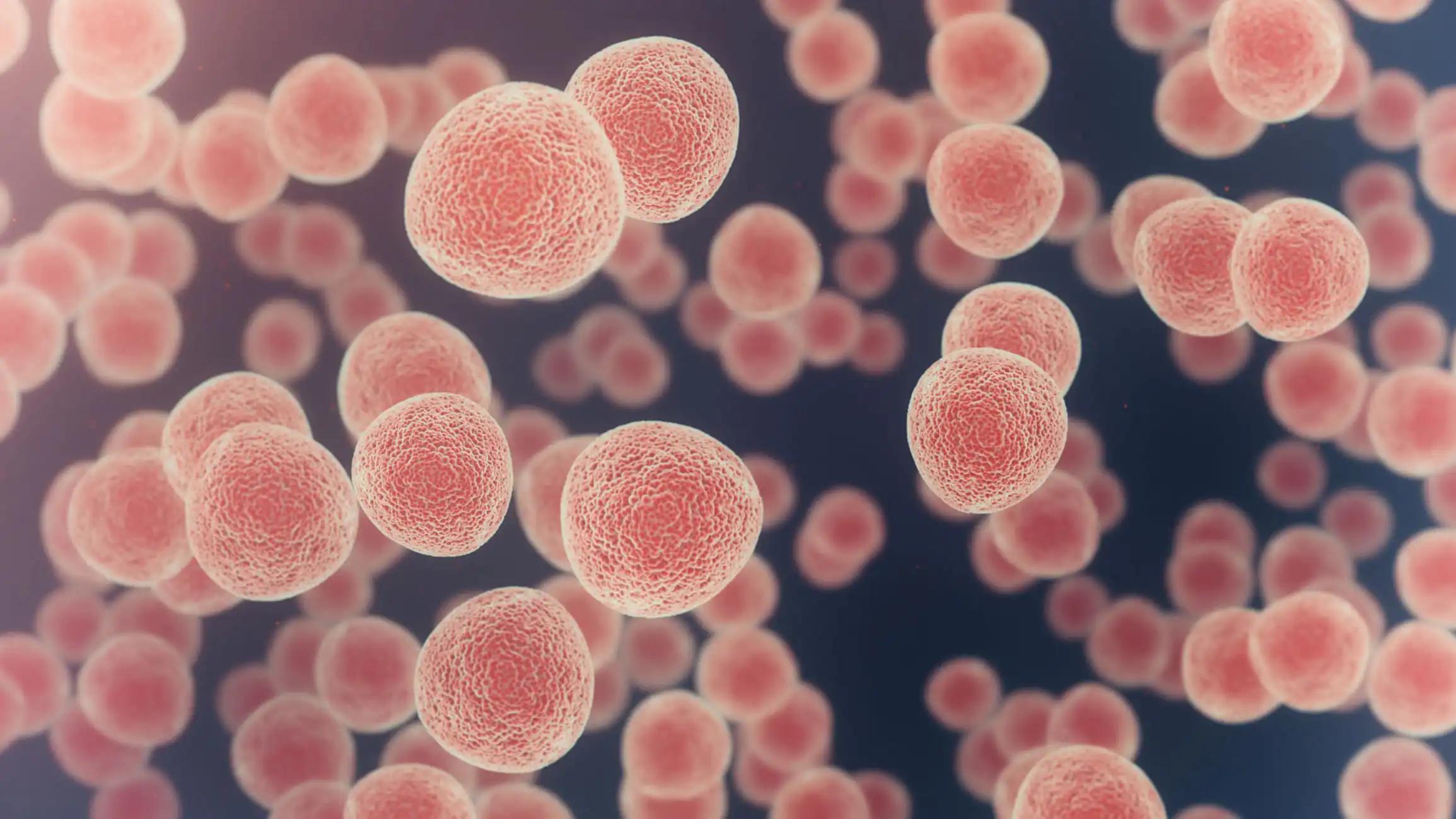KEY TAKEAWAYS
- The study used MR to investigate lipid traits’ causal link and drug targets’ impact on endometrial cancer.
- The MR study found lipid traits not causally linked to endometrial cancer but highlighted significant APOB and CETP associations.
Aberrant lipid metabolism is intricately recognized as a factor in endometrial cancer development, with statins being explored as potential adjunctive therapies.
Zhehan Yang aimed to investigate the causal association between lipid traits and endometrial cancer risk and to evaluate the potential impact of targeting lipids on this malignancy.
The study used a two-sample Mendelian randomization (MR) approach to investigate the causal relationship between lipid traits and endometrial carcinoma. Drug-target MR was also employed to pinpoint potential drug-target genes for managing endometrial carcinoma.
Researchers found no causal association between genetically predicted lipid traits (LDL-C, TG, TC, and HDL-C) and endometrial cancer. However, in the drug-target MR analysis, genetically predicted lower levels of apolipoprotein B (APOB) (OR [95%CI]=0.31, [0.16-0.60]; P=4.73e-04) and higher levels of cholesteryl ester transfer protein (CETP) (OR [95%CI]=1.83, [1.38-2.43]; P=2.91e-05) were associated with an increased risk of non-endometrioid carcinoma.
The study concluded that no causal association was found between genetically predicted lipid traits and endometrial cancer. Lower APOB and higher CETP levels were linked to a higher risk of non-endometrioid carcinoma.
These findings suggested that lipid regulation might play a role in endometrial carcinoma development, particularly in non-endometrioid subtypes, and warrant further clinical validation and mechanistic investigations.
Funding was provided by the National Nature Science Foundation of China (82101732), Tertiary Education Scientific research project of Guangzhou Municipal Education Bureau (202235415), Western Medicine General orientation program of Health Commission of Guangzhou (20231A011096), Plan on enhancing scientific research in GMU, Key Laboratory of Reproductive Genetics Zhejiang University, Ministry of Education open fund project (ZDFY2022-CD-5), Funding by Science and Technology Projects in Guangzhou.
Source: https://pubmed.ncbi.nlm.nih.gov/39193372/
Yang Z, Chen J, Wen M, et al. (2024). “Genetic association of lipids and lipid-lowering drug target genes with Endometrial carcinoma: a drug target Mendelian randomization study.” Front Endocrinol (Lausanne). 2024;15:1446457. Published 2024 Aug 13. doi:10.3389/fendo.2024.1446457



